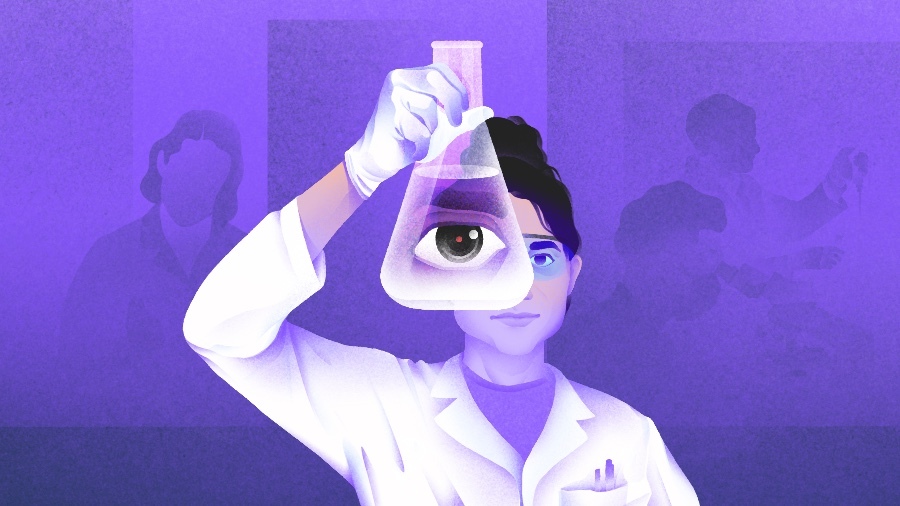Human Immunology Biosciences, a clinical-stage biotech company, announced on Tuesday it emerged from stealth armed with $120 million. The company was developed by Monograph Capital and ARCH Venture Partners. It was started in 2021, per Crunchbase data.
The San Francisco-based company is throwing its hat into the ring to tackle autoimmune and inflammatory diseases, a broad category of disease for which current treatments don’t fix in full. Most drugs targeted at autoimmune and inflammatory diseases weaken the immune system, which makes patients more at risk of developing infection.
Search less. Close more.
Grow your revenue with all-in-one prospecting solutions powered by the leader in private-company data.
Human Immunology Biosciences is targeting cells like plasma and mast cells that make up the immune system. The startup currently has two drug candidates in its arsenal. One of them, felzartamab, will target plasma cells that are considered the likely drivers of these diseases.
Precision medicine in biotech
Current autoimmune drugs have two problems: due to their side effects, they can’t be as effective as possible. In order to be as effective as possible, side effects would be severe.
It’s the problem most drugs face, and that issue has propelled the targeted therapy movement in precision medicine we’ve seen in the last few years. The goal is to create drugs that better target the precise location of the disease and leave the rest of the body relatively untouched.
Targeted therapies have been popular among cancer startups as a way of killing cancer cells without washing the whole body with radiation or chemotherapy.
Thanks to advancements in genomics and data collection, precision medicine has taken off in the biotech world. Per Crunchbase data, more than $2 billion has been pumped into drug startups tackling the immune system in 2022 alone. The majority of these companies, like Rheos Medicines and Mast Therapeutics, are creating targeted therapies.
On top of its clinical assets, Human Immunology Biosciences is armed with a “toolkit” to identify precise targets in the human body for drugs to swim to. The process involves parsing through genetic biomarkers and using computational data to create these new drugs.
Artificial intelligence is driving a lot of the innovation in precision medicine. Leveraging a slew of data points, AI can look for more precise targets in the body, allowing scientists to create tailored drugs for each patient’s needs.
Illustration: Dom Guzman

Stay up to date with recent funding rounds, acquisitions, and more with the Crunchbase Daily.





![Illustration of a guy watering plants with a blocked hose - Global [Dom Guzman]](https://news.crunchbase.com/wp-content/uploads/quarterly-global-3-300x168.jpg)
67.1K Followers